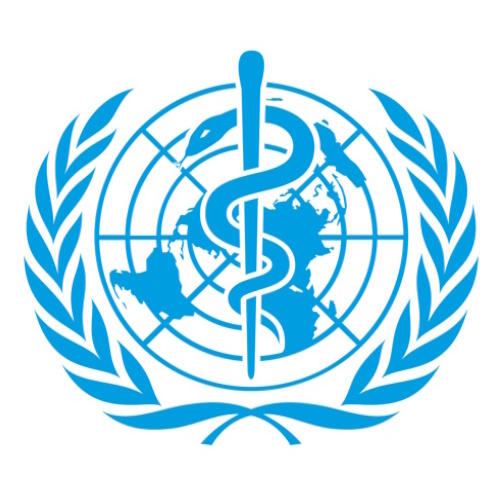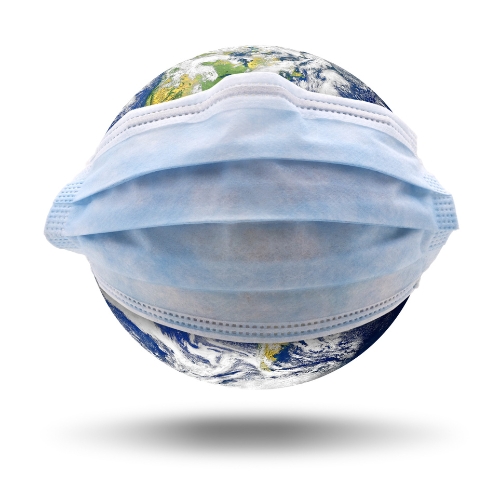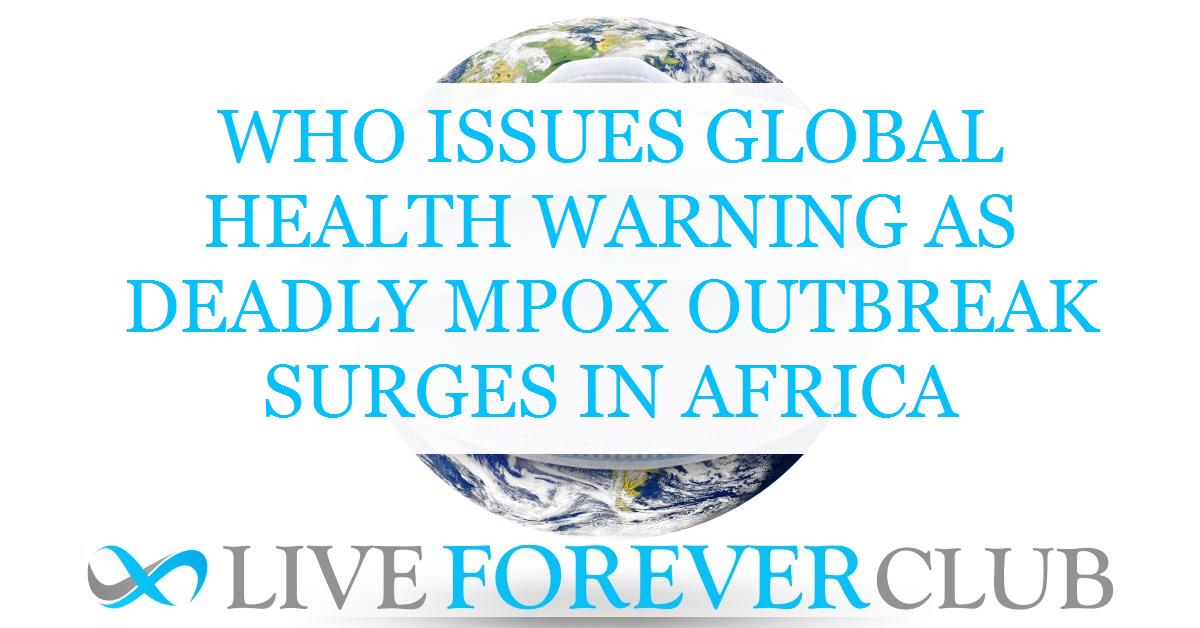Key points from article :
The World Health Organization (WHO) has declared the mpox outbreak in parts of Africa a global health emergency. This declaration follows a significant rise in cases, particularly in the Democratic Republic of Congo, where over 13,700 cases and 450 deaths have been reported.
Previously known as monkeypox, mpox is a highly contagious disease that spreads through close contact, including skin-to-skin contact, sexual contact, and respiratory droplets. Mpox causes flu-like symptoms, painful skin lesions, and, in severe cases, can be fatal. WHO officials are especially concerned because this outbreak involves a dangerous new variant, Clade 1b, which emerged due to mutations in 2022. Unlike the milder Clade 2 strain, Clade 1b has a higher fatality rate, with some cases leading to death in about 10% of those infected.
The outbreak’s rapid spread across central and east Africa raises concerns about its potential to expand further, especially without coordinated international efforts to contain it. WHO’s Director-General Tedros Adhanom Ghebreyesus highlighted the need for a “coordinated international response” to stop the virus’s spread and save lives. Vaccines are effective in controlling mpox, but they are mostly available only to those at high risk or individuals with close contact to infected persons.
Scientists from institutions like the Wellcome Trust and Emory University have voiced support for WHO’s emergency declaration, emphasising that it signals the gravity of the crisis.








